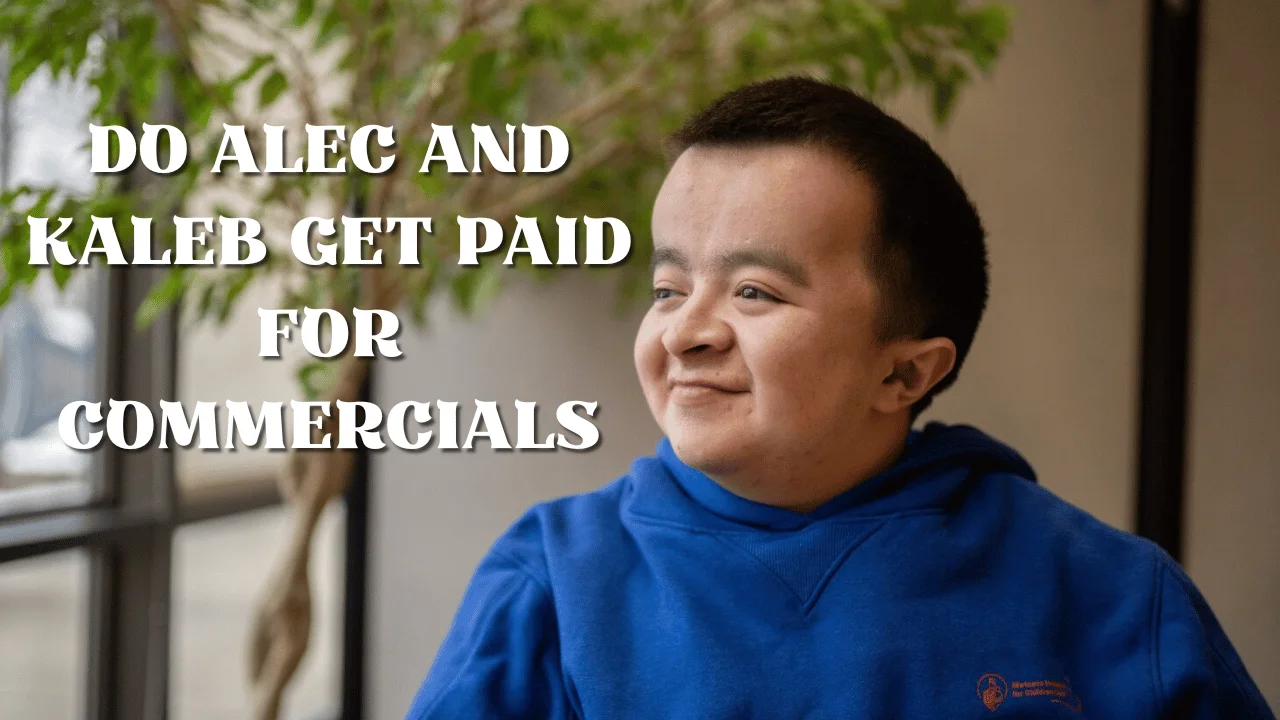Alec and Kaleb, two inspiring individuals, have garnered attention for their roles in commercials, particularly those associated with Shriners Hospitals for Children. Both Alec Cabacungan and Kaleb-Wolf De Melo Torres, despite their young age, have become well-known figures due to their compelling personal stories and involvement in these impactful advertisements.
Who Are Alec and Kaleb?
Alec Cabacungan and Kaleb-Wolf De Melo Torres are not just faces in commercials; they are real individuals with medical conditions that have shaped their lives and brought them to the forefront of public awareness through their appearances in Shriners Hospitals commercials. Alec, diagnosed with brittle bone disease (osteogenesis imperfecta), and Kaleb, also living with osteogenesis imperfecta, share their experiences to educate and inspire viewers about the challenges they face and the critical role Shriners Hospitals play in their lives.
What Conditions Do Alec and Kaleb Have in Shriners Commercials?
Alec and Kaleb both have osteogenesis imperfecta, a genetic disorder characterized by fragile bones that are prone to breaking easily. Their conditions have been central to their involvement in Shriners Hospitals commercials, where they not only share their personal journeys but also highlight the specialized care and support they receive from the hospital.
Why Are Alec and Kaleb in Shriners Commercials?
The presence of Alec and Kaleb in Shriners commercials serves a dual purpose: to raise awareness about osteogenesis imperfecta and other conditions treated by Shriners Hospitals, and to showcase the positive impact of the hospital’s specialized care on the lives of its patients. Their stories resonate deeply with audiences, fostering empathy and encouraging support for the hospital’s mission.
What Impact Have Alec and Kaleb Made in Shriners Commercials?
Alec and Kaleb’s stories have had a profound impact on viewers, illustrating the resilience and determination of children facing significant health challenges. Their presence in Shriners commercials has helped humanize medical conditions that may not be widely understood, fostering greater understanding and compassion among the public.
Do Alec and Kaleb Volunteer for Shriners Hospital Ads?
While Alec and Kaleb’s participation in Shriners commercials is voluntary, it is driven by their desire to give back to the hospital that has provided them with specialized medical care and support. Their involvement goes beyond acting; it is a testament to their advocacy for improved healthcare and awareness of conditions like osteogenesis imperfecta.
How Much Do Alec and Kaleb Get for Shriners Commercials?
One of the common questions surrounding Alec and Kaleb’s involvement in Shriners commercials is whether they receive compensation for their appearances. Unlike traditional commercial actors, whose compensation is often financial, the situation with Alec and Kaleb is nuanced. While specific details about their compensation are not publicly disclosed, it is understood that their involvement primarily serves a promotional and advocacy purpose rather than being purely for financial gain.
Participants in hospital promotional campaigns, especially children like Alec and Kaleb, typically receive benefits that support their ongoing medical needs and participation in the campaigns. These benefits may include coverage of medical expenses related to their conditions, travel expenses for filming locations, or stipends to help offset associated costs.
The nature of Alec and Kaleb’s involvement underscores the ethical considerations involved in using real patient stories for promotional purposes. Shriners Hospitals prioritize authenticity and the ethical portrayal of patient experiences, ensuring that Alec and Kaleb’s participation is respectful of their personal journeys and the impact on their lives.
Also Read: aylea wilkins: Bankrate is hiring for several
Conclusion
Alec Cabacungan and Kaleb-Wolf De Melo Torres play pivotal roles in Shriners Hospitals commercials not only as representatives of their medical conditions but also as advocates for healthcare awareness and support. While the specifics of their compensation remain private, their involvement highlights the invaluable contributions of patients to healthcare advocacy and fundraising efforts. Their stories continue to inspire and educate audiences, demonstrating the profound impact of specialized care provided by institutions like Shriners Hospitals for Children.
